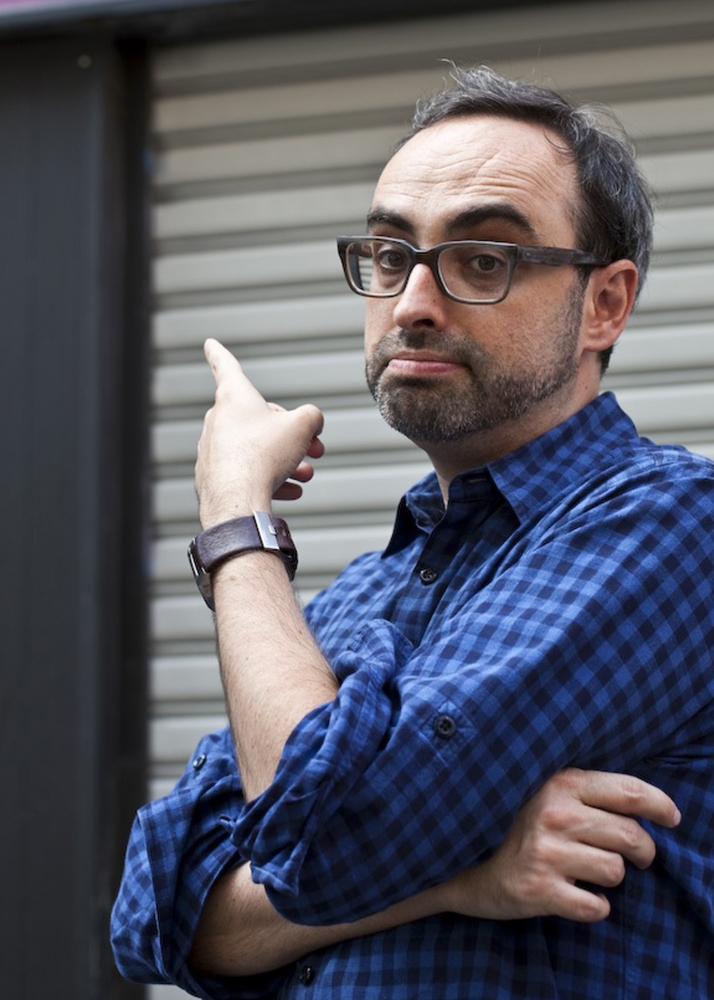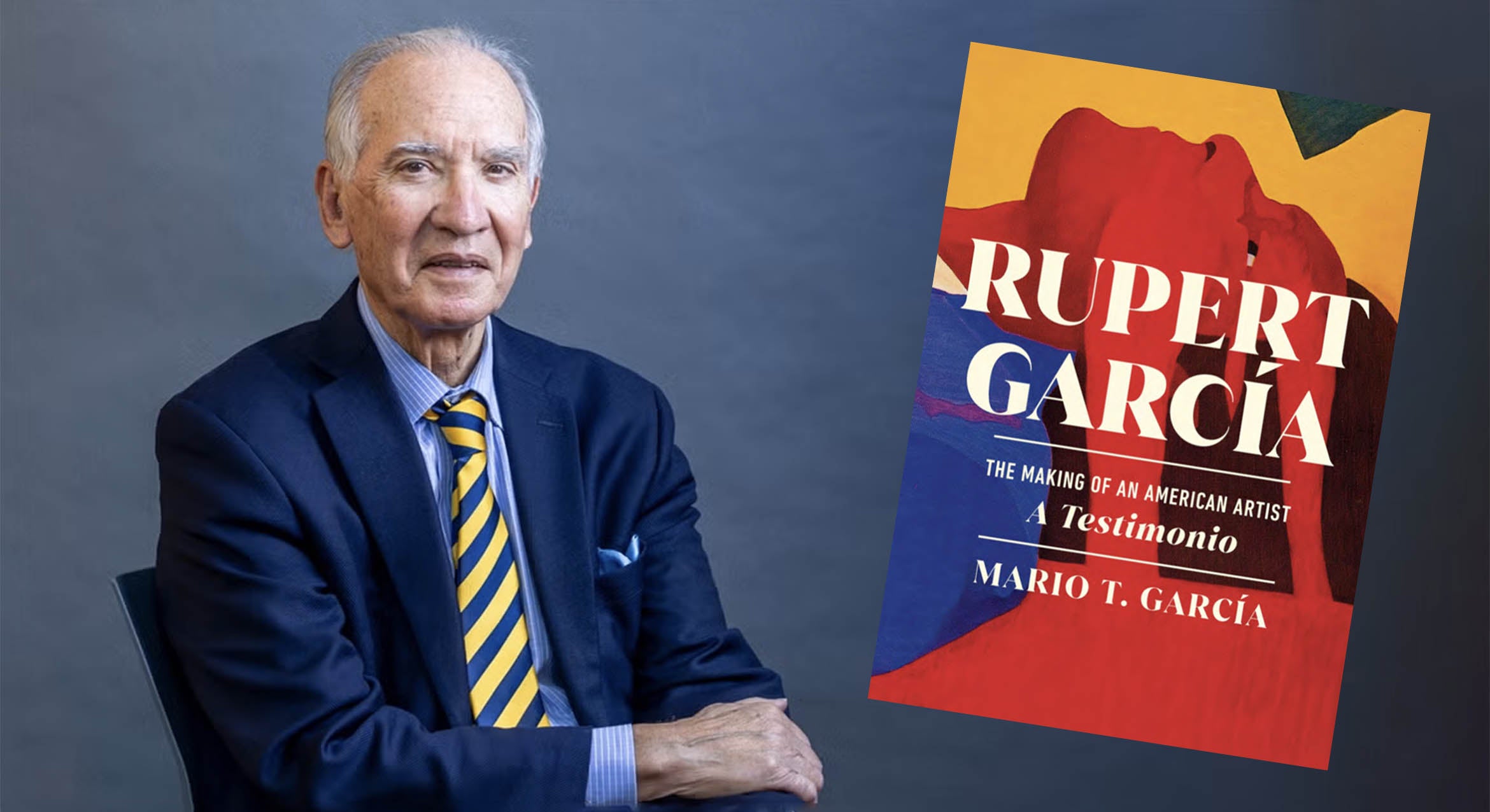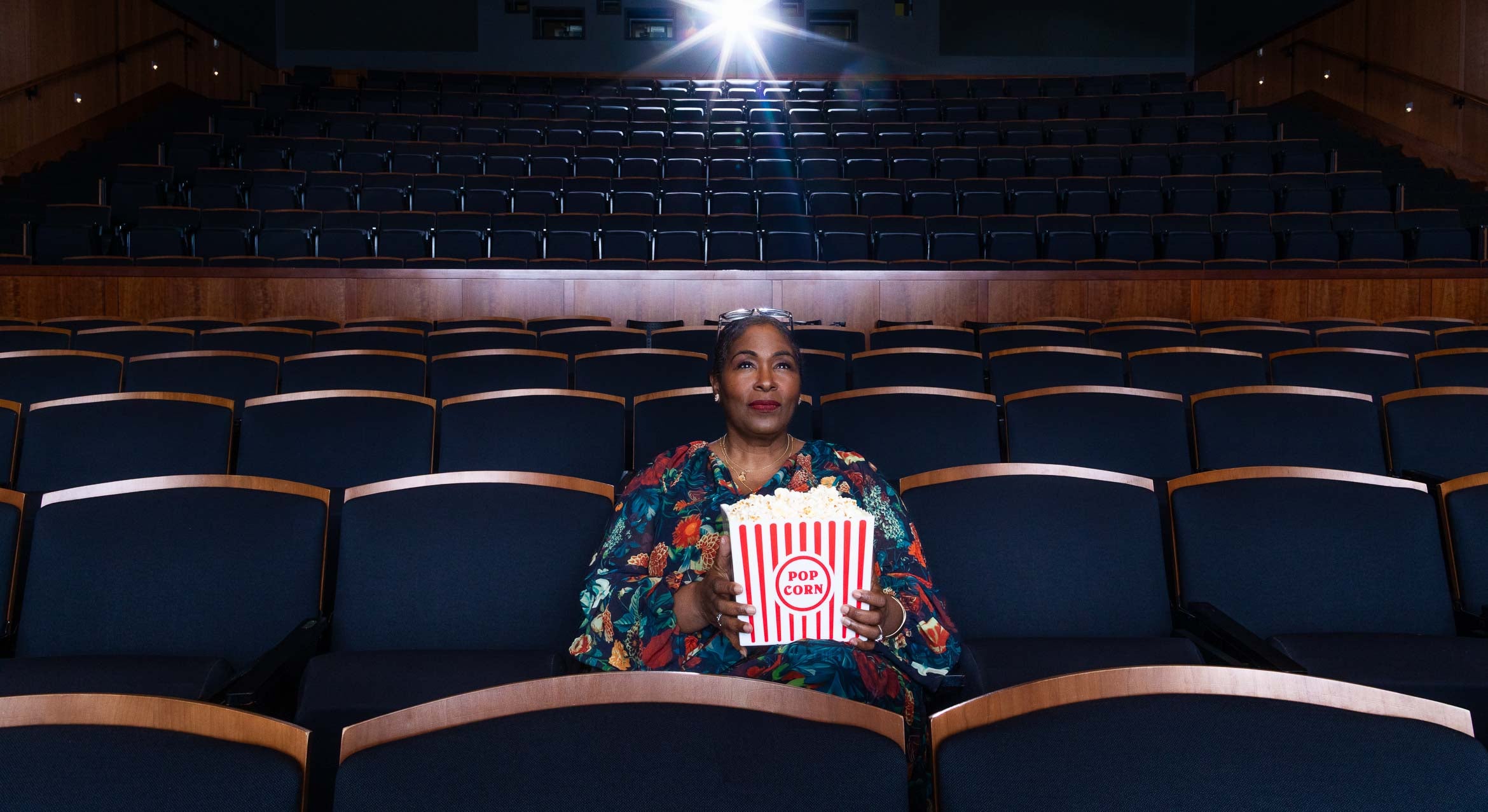
Interdisciplinary Humanities Center Creates Writer-in-Residence Series
Undergraduate writing and literature students at UC Santa Barbara will have a unique opportunity to engage with masters of the craft thanks to the new Writer-in-Residence Series established by the campus’s Interdisciplinary Humanities Center.
Made possible by a gift from Diana and Simon Raab, the newly established writer-in-residence series will bring creative writers, humanities scholars, journalists and filmmakers to UCSB, where they will meet with students in a classroom setting to explore the craft of writing. While in residence, the writers will deliver public lectures or readings for the Santa Barbara community.
Diana Raab is the award-winning author of nine books that include memoire, nonfiction, poetry and journalism. “When I was a student working toward my MFA in writing, esteemed authors visited campus,” she said. “Listening to and mingling with these individuals had a huge impact on my creative outlook. It was empowering to gain inspiration in this way. It gives me great pleasure to offer this opportunity to the UCSB community.”
“The university does not offer an undergraduate major in creative writing, and we do not have a graduate program in creative writing, so Diana’s interest in giving students an opportunity to engage with and around the topic of writing will add a unique component to students’ educational experience,” said Susan Derwin, IHC director and a professor of comparative literature. The series is co-sponsored by the UCSB Writing Program.
“It’s an opportunity for students to focus on the study of writing in a unique way, taking with someone who’s very successful and prominent about the ways in which he or she goes about their work,” said Linda Adler-Kassner, professor of writing studies and director of the Writing Program.
The inaugural writer-in-residence is Gary Shteyngart, the award-winning author of “Little Failure: A Memoir,” who will be on campus during the week of April 7. While at UCSB, he will give a reading at 8 p.m. on Thursday, April 10, in Campbell Hall. The event is free and open to the public.
Shteyngart also will meet with students from the Writing Program as well as those from other disciplines for an informally structured conversation. “We’re going to ask him to take us through the writing process, the kinds of practices he uses and the kinds of choices he makes,” said Adler-Kassner.
His novel “Super Sad True Love Story” received the Bollinger Everyman Wodehouse Prize and was named one of the best books of 2010 by more than 40 news journals and magazines around the world. His novel “Absurdistan” was chosen one of the 10 best books of 2006 by The New York Times Book Review and by Time Magazine. In addition, his debut novel, “The Russian Debutante’s Handbook,” won both the Stephen Crane Award for First Fiction and the National Jewish Book Award for Fiction.
Shteyngart’s work has appeared in The New Yorker, Travel + Leisure, Esquire, GQ and The New York Times, among other publications, and has been translated into 26 languages.
The series allows for one writer-in-residence per academic year, with writers selected by a faculty committee. They can work in any genre, including fiction, non-fiction, journalism, playwriting and poetry. “Shteyngart writes in many different genres, and it would be interesting if we keep a focus on people who cross those lines,” said Adler-Kassner.
“The focus on the craft of the writer, as this series does, from many perspectives, and by studying different kinds of writing, once again reminds us of the essential practicality of the humanities,” said Derwin. “Writing is a form of engaged humanities.”
Students welcome this kind of foundational and practical literacy, she continued. “They’re hungry for an educational experience that is simultaneously engaging creatively and immediately applicable to their lives,” she said.
Added Adler-Kassner, “Students recognize the practical application of being flexible writers, and anything we can do that brings attention to the choices that writers make and the ways in which they develop is very valuable.”



